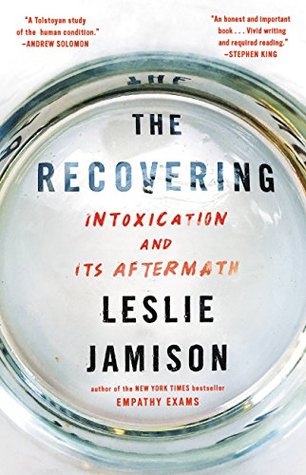More on this book
Community
Kindle Notes & Highlights
He was using more because his writing wasn’t going well, and his writing wasn’t going well because of all his using.
That was hard for me, because I liked being in control of when I was going to speak, and it was good for me, because I liked being in control of when I was going to speak.
I hated trying to justify that it was okay for me to drink, since the justification itself already suggested it wasn’t.
While he was gone, I often found myself at the grocery store buying large amounts of alcohol. There was always a reason.
Whatever beauty comes from pain can’t usually be traded back for happiness.
Doing something without knowing if you believed it—that was proof of sincerity, rather than its absence.
Meetings had trained me. Whenever someone shared, you had to look at her—so that if she ever locked eyes with you, you could give what she was saying a place to land.
My dissertation was reckoning with a question I hoped might bridge these worlds, examining authors who’d tried to get sober and exploring how recovery had become part of their creative lives. It wasn’t criticism as autobiography, exactly, so much as speculative autobiography—trying to find a map for what my own sober creativity might look like.
I read Wallace with my psychic highlighter always at the ready.
It’s what Eve Kosofsky Sedgwick calls “addiction attribution,” the ways we try to understand everything as addiction: shopping, email, even exercise, the mascot of willpower.
Johnson was “concerned about getting sober,” and knew this was “typical of people who feel artistic,”
The obsession I’d described was exactly what she’d felt, Monica said. It was what a million other people had felt, too. It wasn’t anything original, our yearning—and our conversation wasn’t original either. I could have been anyone, and she could have been anyone. But there we were, on our stools, in that particular Connecticut apartment, in that particular twilight. It wasn’t new, our talk. It was just new for us.
we both put things inside our bodies to change how we felt.
whiskey and ink that it took me a while to stomach their truths: that yearning is our most powerful narrative engine, and addiction is one of its dialects; that addiction is a primal and compelling story, structured by irony and hinged by betrayal,
If you talk to enough recovering alcoholics in cold climates, I can promise you will hear someone compare his sobriety to shoveling snow.


